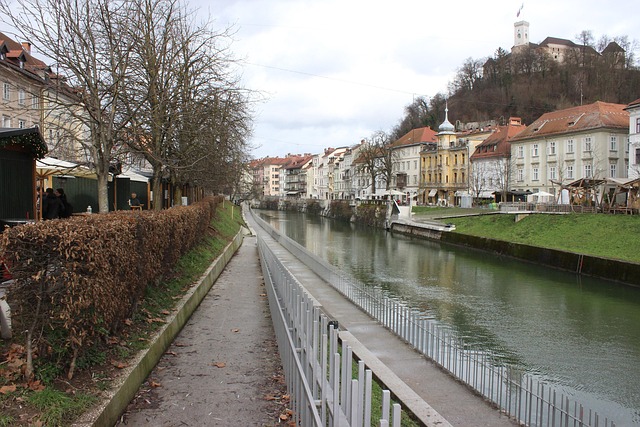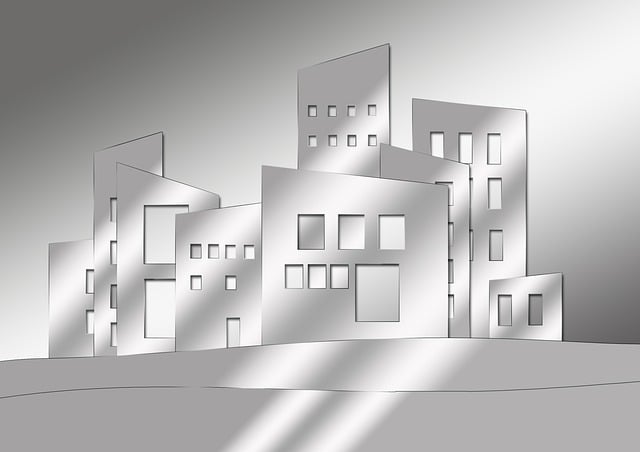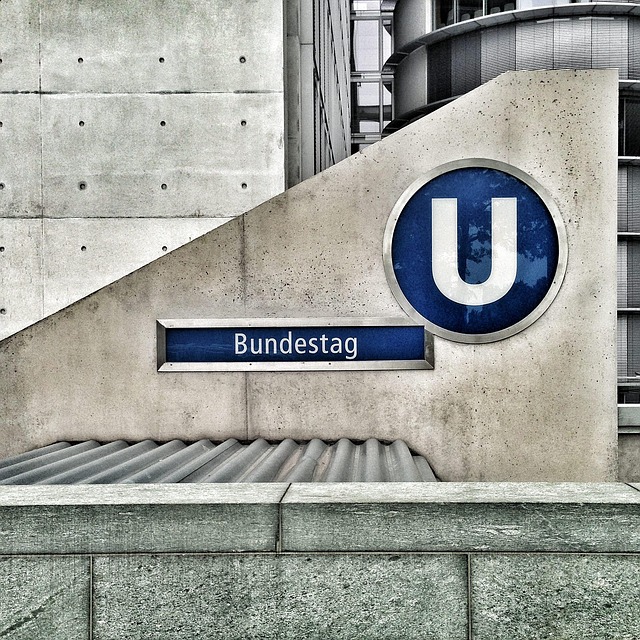Karachi's unique property tax system, designed to generate revenue for local governments, assesses property values based on location, size, and market trends, ensuring fair distribution of financial burdens. Nazimabad, a dynamic real estate hub in Karachi, offers modern apartments, luxurious villas, and affordable housing within well-planned developments, enhanced by its strategic location and adherence to KMC tax regulations. Property tax benefits both residents and developers, funding community development while challenging unpredictable policies that impact project profitability. Modern digital tools streamline tax collection in Nazimabad, promoting equitable funding for services and fostering sustainable urban development in Karachi.
In the vibrant urban landscape of Karachi, understanding property tax dynamics is crucial for both residents and developers. This article offers a comprehensive overview of the property tax system in Karachi, with a specific focus on Nazimabad’s unique real estate environment. We explore how property tax impacts local communities and economic development, delving into the challenges and benefits that arise in this bustling Karachi neighborhood. By navigating these aspects, we aim to illuminate the intricate tapestry of property taxation in Nazimabad.
- Property Tax System in Karachi: An Overview
- Understanding Nazimabad's Real Estate Landscape
- How Property Tax Impacts Residents and Developers
- Navigating the Challenges and Benefits of Property Taxation in Karachi's Nazimabad Area
Property Tax System in Karachi: An Overview

Karachi, as one of Pakistan’s most populous and economically vibrant cities, has a unique property tax system that plays a crucial role in its financial landscape. This system is designed to generate revenue for local governments, who are responsible for maintaining and developing urban infrastructure. The process involves assessing the value of properties, which can range from residential homes to commercial buildings, based on various factors like location, size, and market trends. Once assessed, property owners receive bills that outline their tax obligations, ensuring a fair distribution of financial burdens across the city’s diverse population.
The property tax system in Karachi is not just about collecting revenue; it’s a mechanism for urban planning and community development. The local authorities use these funds to improve public services, infrastructure, and amenities, ultimately enhancing the quality of life for residents. In recent years, there has been an emphasis on digitizing the process to increase transparency, efficiency, and ease for property owners, reflecting Karachi’s commitment to modernizing its administrative systems.
Understanding Nazimabad's Real Estate Landscape

Nazimabad, a vibrant and bustling area in Karachi, has emerged as a prominent real estate destination, attracting investors and homebuyers alike. The diverse property landscape offers a mix of modern high-rise apartments, luxurious villas, and affordable housing options, catering to various preferences and budgets. This dynamic neighbourhood is renowned for its well-planned developments, featuring state-of-the-art amenities and excellent connectivity, making it one of the most sought-after locations in the city.
The real estate market in Nazimabad boasts a rich tapestry of opportunities, with new projects continually enhancing the area’s livability. Its strategic location, close to major commercial hubs and transportation networks, further adds to its appeal. In terms of property taxes, the region follows the standard tax regulations set by the Karachi Metropolitan Corporation (KMC), ensuring fairness and providing a stable investment environment. Understanding these dynamics is crucial for anyone navigating Nazimabad’s real estate landscape, as it offers both established communities and emerging opportunities for those looking to invest or settle in this vibrant part of Karachi.
How Property Tax Impacts Residents and Developers

Property tax in Nazimabad, Karachi, like elsewhere, plays a dual role, affecting both residents and developers significantly. For residents, it’s a necessary contribution to community development, infrastructure, and public services. A well-structured property tax system can lead to better schools, parks, and cleaner streets, ultimately enhancing the quality of life in the area. However, excessive or poorly designed taxation can place a financial burden on homeowners, especially those with lower incomes, potentially driving up living costs in the neighborhood.
For developers, property tax is both an incentive and a challenge. It encourages investment by providing a mechanism to recoup infrastructure costs, which is crucial for sustainable urban development. Developers who construct properties in Karachi must pay attention to local tax policies that can impact their projects’ profitability. On the other hand, poorly implemented or unpredictable tax laws might deter developers from investing in new projects, hindering growth and modernization efforts in areas like Nazimabad.
Navigating the Challenges and Benefits of Property Taxation in Karachi's Nazimabad Area

Navigating the intricate landscape of property taxation in Karachi’s Nazimabad area presents a unique set of challenges and benefits. As one of the bustling and rapidly growing suburbs of Pakistan’s economic hub, Nazimabad faces the dual task of supporting infrastructure development while ensuring equitable distribution of tax burdens among its diverse property owners. Property taxes play a crucial role in funding local services such as education, healthcare, and urban maintenance, which are vital for community growth and well-being.
However, the challenges are numerous. Diverse property portfolios, ranging from residential to commercial properties, necessitate a nuanced tax structure that accounts for varying needs and financial capacities. In addition, keeping up with rapid urbanization and changing property values requires efficient assessment mechanisms. Karachi’s Nazimabad area benefits from modern digital tools and transparent processes that streamline tax collection, improving the overall experience for property owners while ensuring fiscal accountability for local governments.
The property tax system in Karachi, particularly within the Nazimabad area, presents a complex landscape that significantly influences both residents and developers. By understanding the unique real estate dynamics of this vibrant Karachini neighborhood, we can appreciate the multifaceted impacts of property taxation. While challenges exist, effectively navigating them is key to unlocking the potential for sustainable growth and enhancing the overall quality of life in Nazimabad and similar areas across Karachi.



